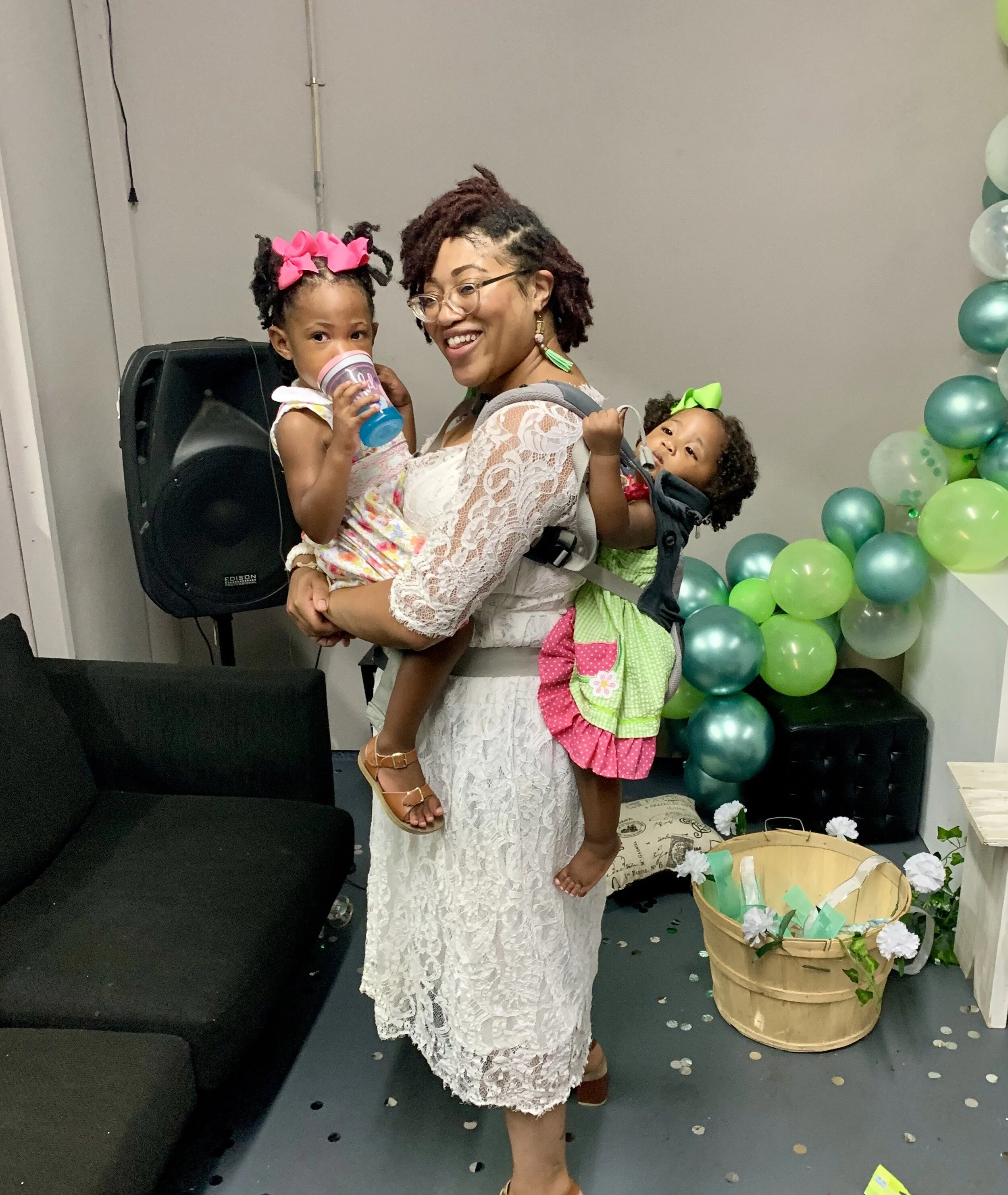Layo's childhood planted the seed for Wolomi. Growing up in Nigeria and DC, the joy of community support during one's expansion of family was a part of her everyday life, as her mother supported friends and family as a midwife. Taking the lessons of these experiences with her into her career as a nurse in America, a reality set in that what she had seen with reproductive care was not the standard everywhere.
And as she navigated her pregnancy, she knew that she didn't want to allow pregnancy and birth to happen to her - or enable the healthcare system to do whatever they wanted. As she had seen growing up, she needed to be the center of her experience, supported by those who could uplift her in that positioning. That return to the beginning would also birth Wolomi. The goal and mission of Wolomi is to provide resources and guidance that support black birthing people to own their perinatal journey, alongside others that look like them, and share in their experience.
Read More
